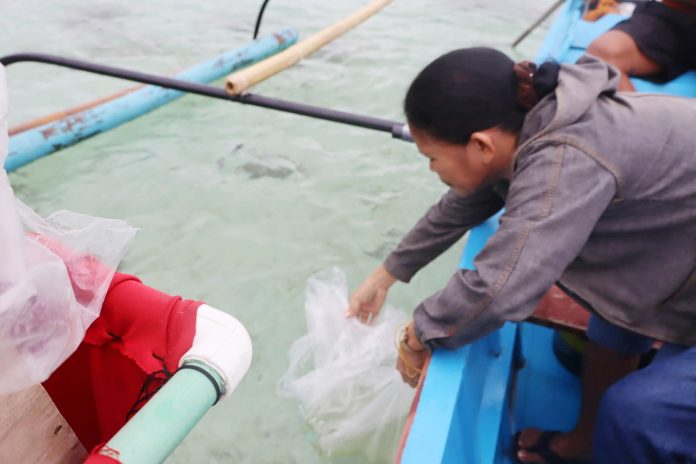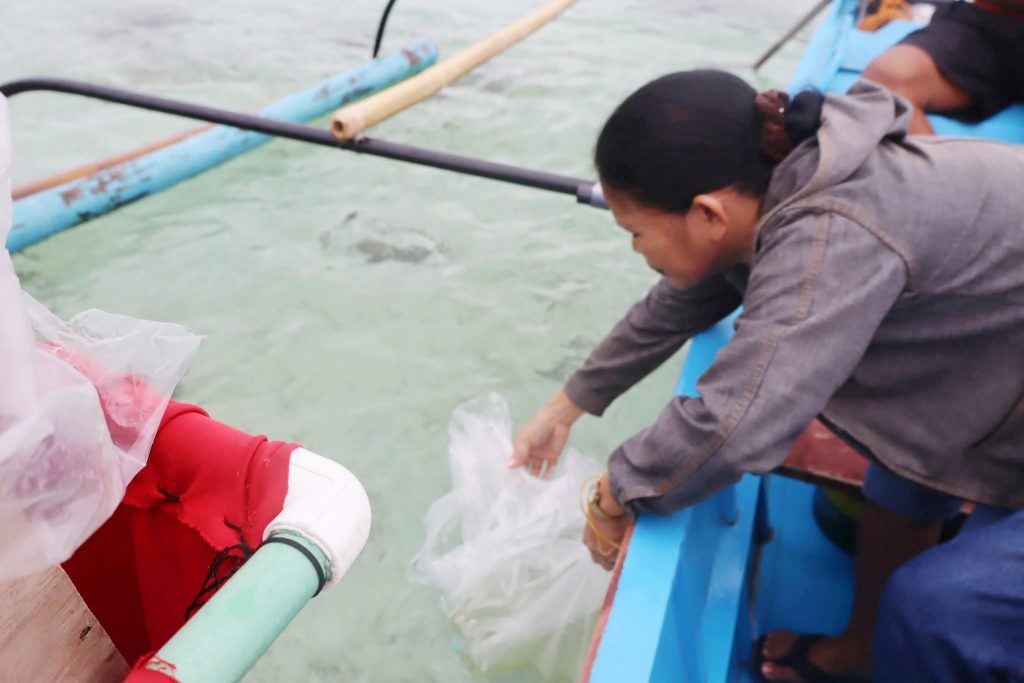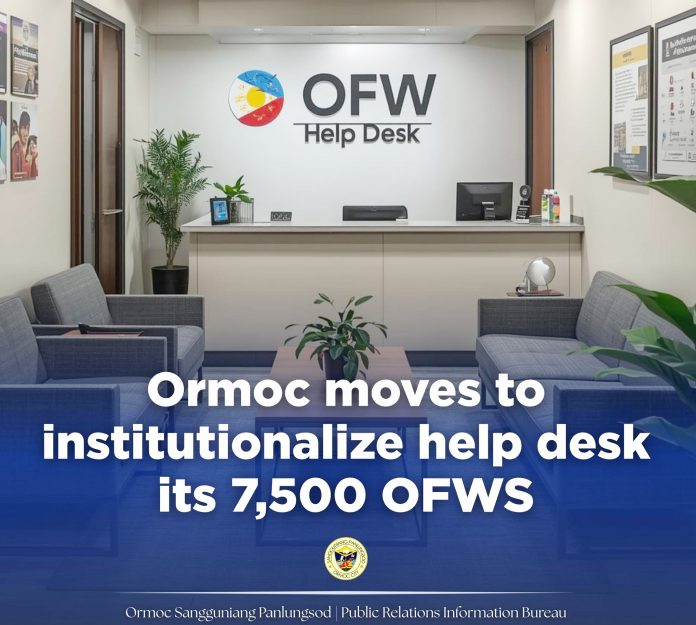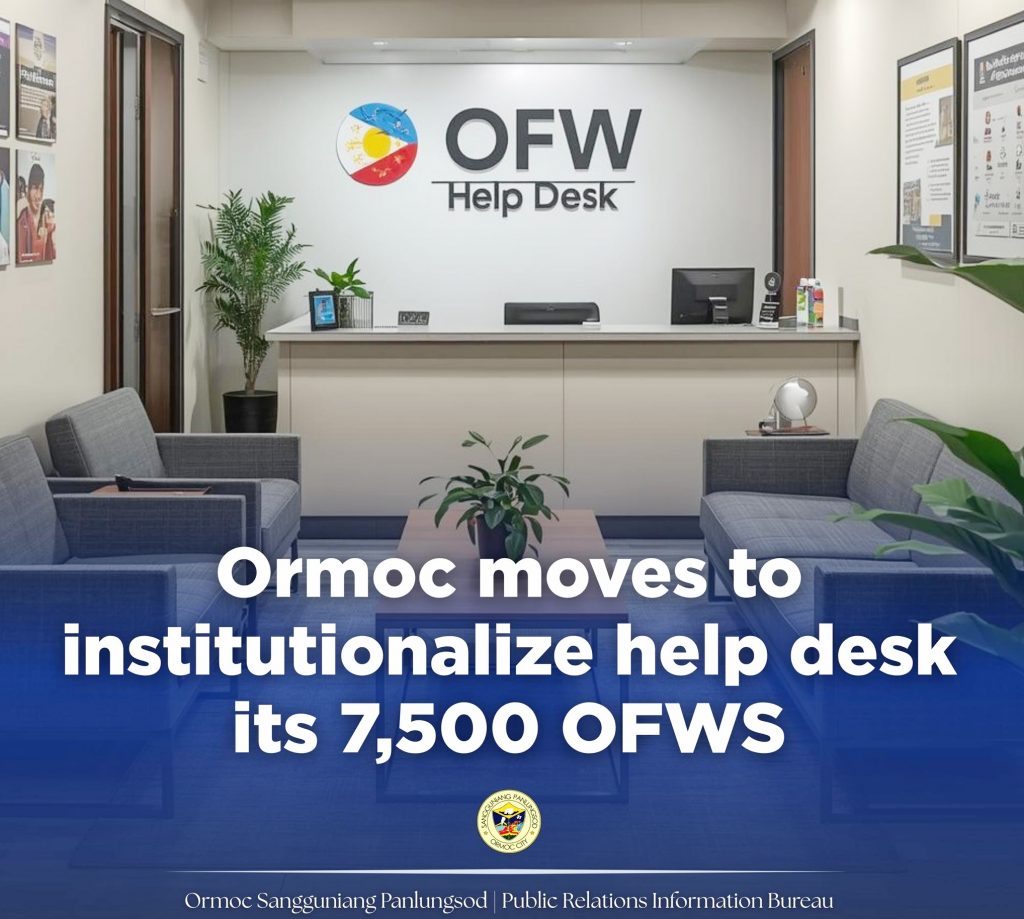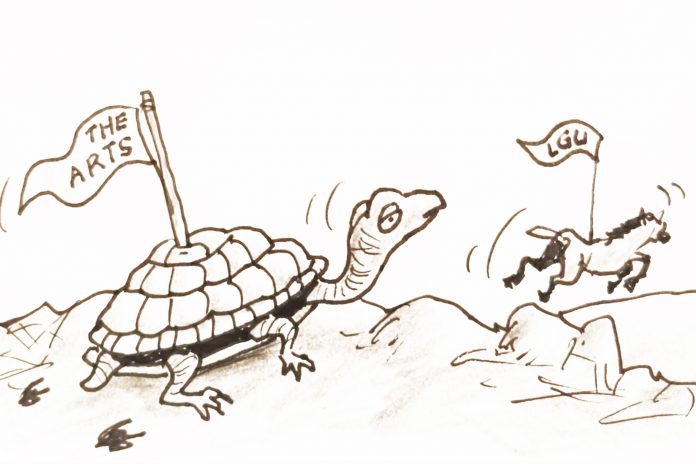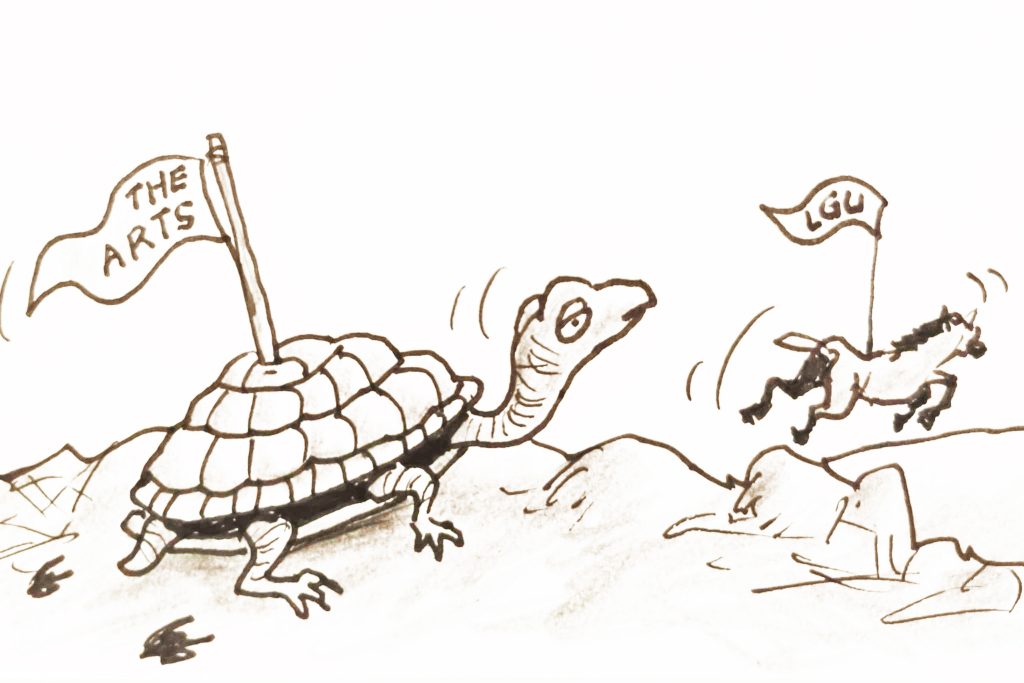
The landscape of leadership is undergoing a significant transformation, marked by the increasing presence and influence of women. This shift is not merely a matter of equality but a recognition of the unique strengths and perspectives that women bring to leadership roles, ultimately benefiting organizations and society as a whole.
The Benefits of Women in Leadership
Decades of research confirm that empowering women to take on leadership positions yields metamorphic effects for everyone. Some of these benefits include:
Improved financial performance: Companies with women in C-suite positions have a positive impact on overall performance and efficiency, with higher profits and better returns for shareholders.
Enhanced collaboration and innovation: Diversity in senior management fosters creativity and broader perspectives, leading to innovation through joint approaches.
Stronger employee engagement: Women leaders drive more engaged employees, which translates into significant organizational savings due to lower absenteeism and higher productivity.
Fairer treatment: The presence of a female leader leads to the anticipation of fairer treatment within the organization, regardless of the industry or level of hierarchy.
Transformational Leadership Styles
Studies suggest that female leaders demonstrate more transformational leadership styles, inspiring people and epitomizing what’s good in the organization. They are often perceived as more honest, intelligent, compassionate, outgoing, and creative than their male counterparts. This style involves:
Serving as role models: Epitomizing what’s good in the organization and inspiring people to align with its mission.
Effective communication: Creating a culture where compassion and vulnerability are celebrated, fostering open communication and trust.
Mentoring and support: Providing advice and mentorship to colleagues, acting as a catalyst for their personal and professional development.
Overcoming Barriers and Challenges
Despite the clear benefits, women continue to face challenges in achieving leadership roles. These include:
Underrepresentation: Women are still underrepresented in senior management roles, despite progress in education and the job market.
Bias and stereotypes: Women may experience bias due to gender, race, sexual orientation, or disability, affecting their career development and psychological safety.
Work-life balance: Balancing work and personal life remains a significant barrier, challenging the myth that women must sacrifice family life for success.
Strategies for Empowering Women in Leadership
To accelerate the progress of women in leadership, organizations can implement several strategies:
Diversify leadership positions: Ensure that female voices are heard and considered by increasing the number of women in executive positions.
Establish mentorship and sponsorship programs: Provide women with mentors for career guidance and sponsors who advocate for their advancement.
Implement fair and inclusive policies: Ensure equal treatment and opportunities for all, regardless of gender, race, or sexual orientation.
Promote open communication: Create a safe environment where employees feel comfortable discussing their experiences and providing feedback.
Provide accessible resources: Ensure clear and easy processes for reporting harassment or discrimination, with accessible support resources.
Invest in training: Companies can invest in training their leaders to make hard decisions while also honoring the humanity of their team members.
The Path Forward
The shadows of a world once dominated by men, where women were unjustly treated as second-class citizens, are receding, giving way to a radiant dawn. In recent years, courageous women have risen, shattering glass ceilings and proving that their potential extends far beyond the walls of any home. Though the fight for gender equality continues, women are steadily claiming their rightful place, their voices resonating with strength and purpose, their contributions shaping a better tomorrow.
The journey toward gender equality in leadership is not just a necessity; it’s an inspiring call to action, inviting us to build a world where women stand tall as equals, their voices amplified in every sphere of decision-making. Their unique insights and talents are not merely valuable but essential, enriching our societies and paving the way for a future brimming with peace, justice, and prosperity for all. Let us unite to dismantle the barriers that hinder women’s progress, champion inclusive policies that celebrate diversity, and invest wholeheartedly in women’s education, health, and economic empowerment, creating a world where every woman can thrive and shine.
For women, empowerment is more than just occupying positions of power; it’s about igniting a fire within, illuminating the world with our brilliance, and demonstrating the immeasurable value we bring to every endeavor. It’s about standing shoulder to shoulder with men, not as rivals, but as allies, forging a path toward a brighter, more equitable future, where every voice is heard, and every dream can take flight.
————–
If you have any questions or would like to share your thoughts on the column, feel free to send an email to jca.bblueprint@gmail.com. Looking forward to connecting with you!

